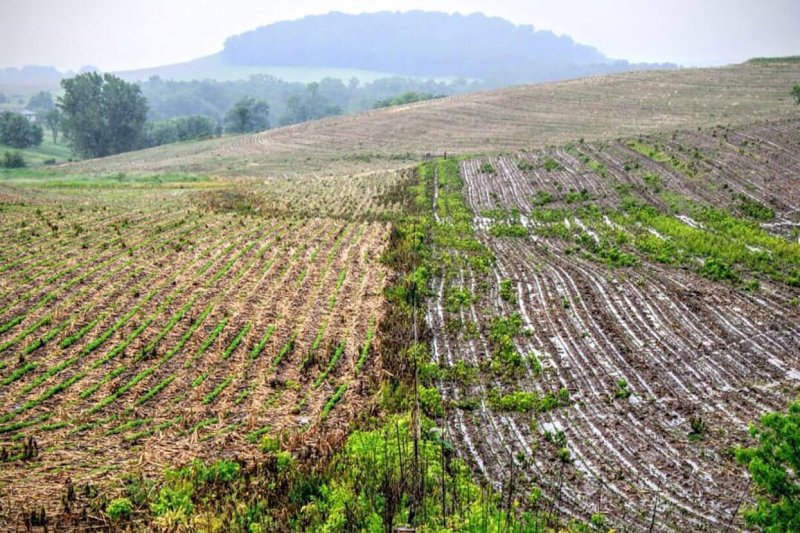[Editor’s note: Michelle Miller, the Farm Babe, is an Iowa-based farmer, public speaker and writer, who grows row crops, and raises beef cattle and sheep.]
[F]armers today can combine their love of the land with technology to do our jobs more efficiently, while improving water quality issues, reducing erosion, and improving soil health.On our family farm, we have earned “farmers of the year” awards for our region in soil and water conservation — recognition that we are very proud of. This may come as a shock to some folks as they learn we grow some genetically engineered (GMO) grains on our farm. But the reason why over 95 percent of farmers have adopted these seed genetics is so we can use less fuel, less tillage, less pesticides, etc.
One of the benefits of Roundup-ready technology is that we can spray right over the fields without ever having to till it.
The GLP aggregated and excerpted this blog/article to reflect the diversity of news, opinion, and analysis. Read full, original post: Farm Babe: From organics to GMOs, any farmer can be an excellent conservationist































